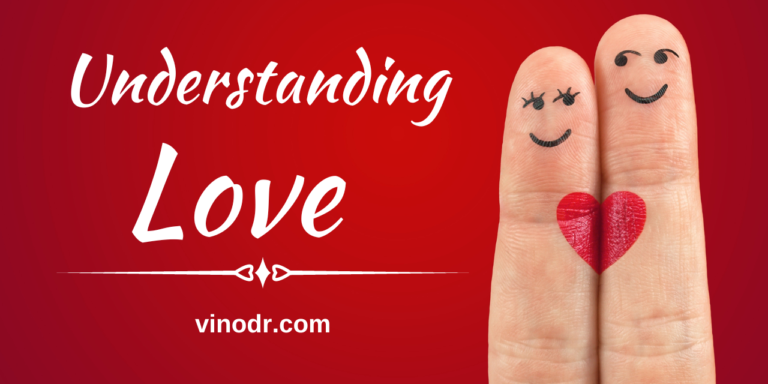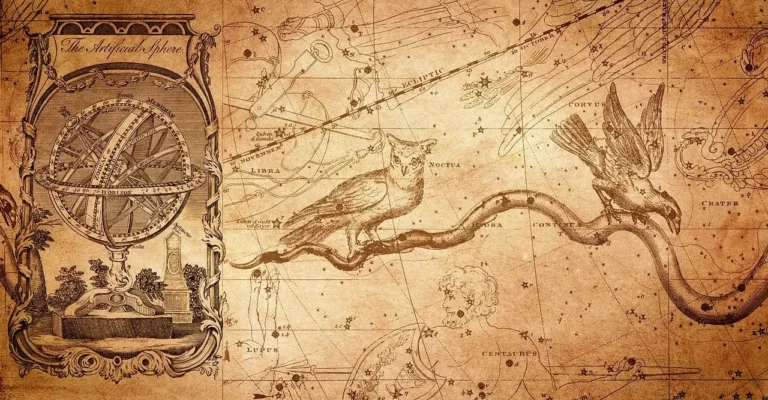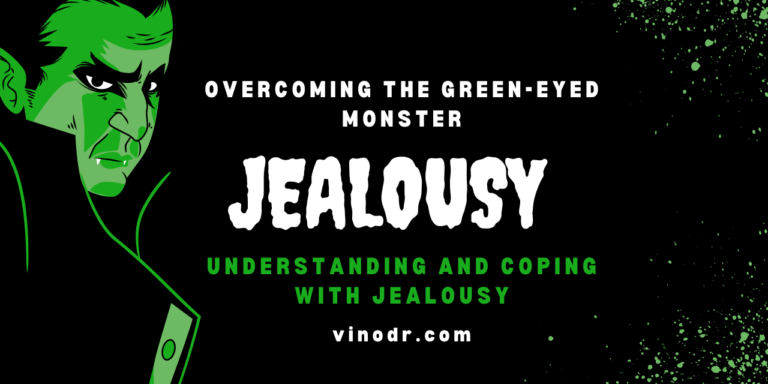Finding God
The Many Faces of God Understanding the Nature of the Divine
In a world full of uncertainties and challenges, the concept of God has been a source of comfort and guidance for us throughout history. Whether it is through organized religion or personal spiritual practices or belief in a higher power has helped us to find meaning, purpose, and hope in our lives.
One of the most common arguments for the existence of God is the idea of design in the universe. Just as a watch implies the existence of a watchmaker, the intricate design and complexity of the natural world suggest the existence of a divine creator. Indeed, many religious texts describe God as a master architect who created the universe and everything in it with intention and purpose.
For example, The Bhagavad Gita teaches us that God exists as the ultimate reality and source of all creation. In the Gita, God is referred to as “Brahman” or the “Supreme Being,” and is described as the creator, sustainer, and destroyer of the universe. The Bible describes God as the creator of the heavens and the earth, saying, “In the beginning, God created the heavens and the earth” (Genesis 1:1). Similarly, the Quran describes God as the one who created everything in the universe, saying, “He is the Originator of the heavens and the earth” (Quran 6:101).
But the concept of God is not just limited to creation and design. Many religious traditions also describe God as a loving and compassionate being who cares deeply about humanity and the world. For example, In Hinduism, God is often depicted as a source of infinite love and compassion and is often associated with the qualities of mercy, kindness, and benevolence. Devotees are encouraged to cultivate a personal relationship with God and to offer devotion and service as a way of expressing their love and gratitude.
The Bible describes God as a loving Father who cares for his children, saying, “See what great love the Father has lavished on us, that we should be called children of God!” (1 John 3:1).
The Quran describes God as the most merciful and compassionate, saying, “My mercy embraces all things” (Quran 7:156). This idea of a loving and compassionate God has inspired many of us to live lives of service, compassion, and kindness towards others.
But what about the problem of evil? If God is all-powerful and all-loving, why does he allow suffering and injustice in the world? This is a question that has challenged theologians and philosophers for centuries, and there is no easy answer. Some argue that suffering and evil are necessary for human growth and development, while others see it as a consequence of free will.
Belief in God is a matter of faith and personal experience. As Frederick Buechner wrote,
“Whether your faith is that there is a God or that there is not a God, if you don’t have any doubts, you are either kidding yourself or asleep.”
Regardless of our individual beliefs, the concept of God can provide a sense of comfort, guidance, and inspiration to many of us.
Does God exist?
The question of whether or not God exists is one that has been debated for centuries and remains a matter of belief and faith for many of us. Some of us believe that God exists based on personal experiences, religious teachings, or philosophical arguments, while others do not believe in the existence of a deity or higher power.
Personally, I believe that there is a higher power and it exists, but I do not believe that there is a person who sits and watches every action we take in our life and put a grade to our actions, and decides whether or not we should be going to hell or heaven.
God In the eyes of Hindus.
Hinduism is a diverse religion with many different beliefs and practices, and the concept of God varies depending on the particular tradition and school of thought. There are some common threads that can be seen throughout Hinduism when it comes to the idea of God.
One of the fundamental beliefs in Hinduism is the idea of Brahman, which is often described as the ultimate reality and source of all existence. Brahman is seen as an infinite, eternal, and all-pervading force that transcends all dualities and distinctions, such as good and evil, light and dark, and life and death.
At the same time, Hinduism also recognizes the existence of many deities and gods, which are often seen as manifestations of Brahman or aspects of the ultimate reality. These deities are worshiped and revered in different ways depending on the tradition and region.
For example, in the Shaivism tradition, the god Shiva is worshiped as the supreme deity, which represents the aspect of Brahman that is associated with destruction and transformation. Shiva is often depicted as a meditating ascetic, with a third eye that symbolizes his ability to see beyond the material world.
While in the Vaishnavism tradition, the god Vishnu is worshiped as the supreme deity, who represents the aspect of Brahman that is associated with preservation and sustenance. Vishnu is often depicted as a serene and peaceful figure, with multiple arms and holding various objects that represent his divine powers.
In addition to these major deities, there are also many other gods and goddesses that are worshiped by Hindus, such as Ganesha, the elephant-headed god of wisdom and beginnings, and Durga, the goddess of power and protection.
In Hinduism, the concept of God is often seen as a personal and intimate relationship between the individual and the divine. The practice of bhakti, or devotional worship, is a central aspect of Hinduism and involves cultivating a deep and personal connection with a particular deity or aspect of God.
Hinduism sees God as an infinite and all-pervading reality that can be experienced and worshiped in many different forms and manifestations. The diversity of deities and traditions within Hinduism reflects the richness and complexity of this ancient religion.
God in the eyes of Christianity
In Christianity, God is seen as a triune God – one God who exists in three distinct persons: the Father, the Son, and the Holy Spirit. This is known as the doctrine of the Trinity and is a fundamental belief of Christianity.
Christians believe that God created the universe and all living things and that he is all-knowing, all-powerful, and completely good. They also believe that God is a personal God who desires a relationship with each individual and that this relationship can be cultivated through prayer, worship, and following God’s teachings.
Christianity teaches that God is a loving and compassionate entity that cares deeply about the well-being of his creation. This love is exemplified in Jesus Christ, who Christians believe is the Son of God and the savior of humanity. Jesus’ life and teachings are seen as a demonstration of God’s love for humanity, and his death and resurrection are believed to have provided a way for people to be reconciled to God and receive eternal life.
Christians also believe in the concept of sin, which is the disobedience of God’s commands, and that sin separates people from God. Through faith in Jesus Christ and repentance of sin, Christians believe that they can be forgiven and reconciled to God.
Prayer, worship, and service to others are important aspects of Christian faith, and Christians are called to love their neighbors as themselves and to follow Jesus’ example of compassion, humility, and service.
God in the eyes of Islam
In Islam, God is known as Allah. Muslims believe that Allah is the one and only God, who is eternal, all-powerful, and all-knowing. Allah is believed to be the creator of the universe, the sustainer of all things, and the ultimate judge of humanity.
The concept of God in Islam is rooted in the belief in the oneness of God or Tawhid. This means that Muslims believe that there is only one God, who has no partners or equals, and who is completely unique and indivisible. The declaration of faith, or shahada, which is the central creed of Islam, affirms this belief in the oneness of God: “There is no god but Allah, and Muhammad is his messenger.”
Allah is believed to have revealed his message to humanity through the prophets, including Adam, Noah, Abraham, Moses, Jesus, and Muhammad. Muslims believe that the Quran, which is the holy book of Islam, is the final and complete revelation of God’s message to humanity, and that it contains the guidance and wisdom that all people need to live a righteous and fulfilling life.
Allah is merciful and compassionate, and he is always ready to forgive those who repent and seek his forgiveness. The attributes of Allah, such as mercy, forgiveness, and justice, are emphasized in Islamic teachings, and Muslims strive to embody these attributes in their own lives. The practice of prayer, or salah, is a central aspect of Islamic worship and involves standing before Allah and submitting oneself to his will.
Does all religion lead us to God?
It is a common belief that all religions teach the same thing under different names. While there are certainly similarities between different religions, it is important to recognize that each religion has its own unique beliefs, practices, and teachings. There are also differences between religions, such as the beliefs about the nature of God, the concept of salvation or enlightenment, the role of religious leaders, and the nature of the afterlife.
It is also important to recognize that religions can have different perspectives on certain issues, such as the role of women in society, the use of violence, or the relationship between faith and reason. While there may be some commonalities, these differences can be significant and reflect distinct cultural and historical contexts. It is important to recognize the unique characteristics and teachings of each religion. Understanding and respecting these differences can help promote greater understanding and mutual respect between people of different faiths.
Is religion a path to God?
Following a religion can be a path to God for some of us, but you should know that it’s not the only way, there are also many different ways to approach spirituality and connect with a higher power.
For many of us, religion provides a framework of beliefs, practices, and community that helps us to deepen our connection with God. The teachings and practices of religion can offer guidance and support in developing a personal relationship with a higher power and can provide a sense of purpose and meaning in life.
Some people may find that they are able to connect with God through meditation, nature, music, art, or other spiritual practices.
The path to God is a personal journey that is unique to each individual. While religion can be a valuable tool for some, it is important to find the approach that resonates with your own personal beliefs and experiences.
Finding God is a deeply personal and subjective journey that varies from person to person. Some of us may find God through organized religion, while others may find God through personal spiritual experiences or introspection. There is no right or wrong way to find God, Trust your intuition and be open to new experiences and perspectives along the way.
Trending Today
Finding God
Credit Cards – Do you need one?
Mistakes
Happiness







